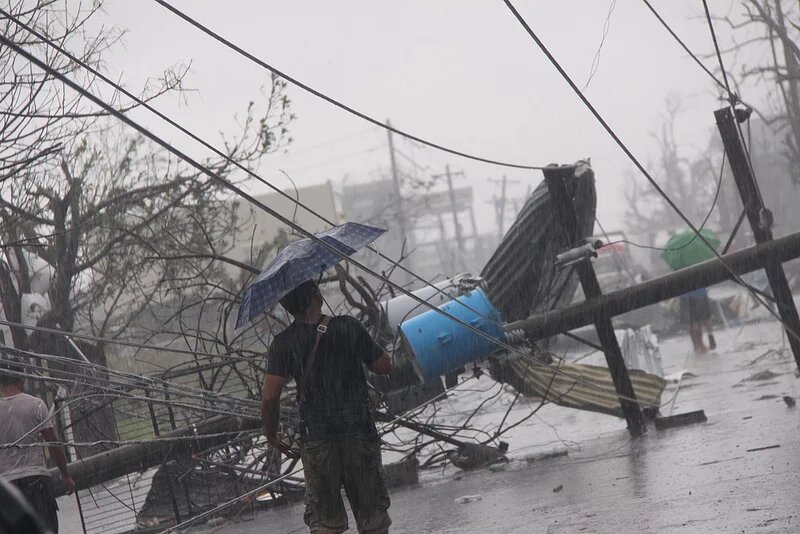
Polish capital Warsaw plays host to the 19th Conference of the Parties to the United Nations Framework Convention on Climate Change (COP 19), the second time the country has hosted the event after COP 14 was held in Poznan in 2008. What has changed between then and now? And why Poland?
In Poznan, it was alleged that the EU—and France in particular—had suggested and supported Poland as a host country for the COP because it was one of the European nations that had committed itself to reducing its emissions by 20 per cent before 2020, and also because it still relied principally on coal power, the most polluting form of energy production. At the time, France was more or less openly putting pressure on Poland to adopt an alternative energy strategy and policy based on nuclear power and to phase out coal power—Poland was then the European country most dependent on coal power, with approximately 90 per cent of its energy coming from that source.
However after 2008, Poland began to take a different approach. Poland had long been the number-one exploiter of shale gas and in recent years had presented a number of draft laws to the European Parliament that would allow this resource to be exploited, despite the dangers associated with the hydraulic technology used to break down the rock strata and the use of dangerous and environmentally harmful substances that might leach over a wide area, contaminating water supplies and resulting in gas and oil leakages that would produce new crises.
Poland’s openly stated ambition was to achieve energy self-sufficiency, like its neighbour Russia, and it had earmarked 13 billion Euros up until 2020 for the energy sector alone. It had even started fracking, with its first extraction coming last year with the assistance of American experts.
But was this enough to ensure Poland would host the COP 19, which concludes at the end of this week? What new developments does this conference offer us, a conference that coincides with two major and unprecedented events:
The first is the publication of the Fifth Climate Change Assessment Report, which confirms—essentially indisputably—that 95 per cent of the global climate change crisis is caused by man and human civilization—particularly his production and consumption of energy—and that nations must hurry to reduce their emissions to limit the impact of coming crises such as storm systems and average global temperatures rising more than two degrees (leading to the melting of the ice-caps, and the oceans submerging islands and coastal cities, etc).
The second is the Philippines being hit by a typhoon of unprecedented ferocity and the resulting human and material disaster, which led many conference speakers to amend their speeches in the early days of the COP 19, using the tragedy to demand that a new international agreement be reached before 2015 to reduce the incidence of such events.
As for the major powers, it is high time for a debate to begin concerning the international agreement that is due to be signed in 2015. The issue has started to be debated most fully among the EU nations, which are the only countries have pledged to reduce their emissions by between 20 and 30 per cent before 2020, and almost the only countries to have pushed for a second commitment period for the Kyoto Protocol. Furthermore, the French capital, Paris, is set to play host to COP 21 in 2015—though Peru will be host to the COP 20 next year, and the Secretary General of the UN has invited world leaders to a 2014 summit to prepare the way for the new agreement which is due to be signed in Paris in late 2015.
But what is it that the host nations and other influential players are preparing for? What new developments can we expect that will curtail climate change without abandoning free-market economics based on competition, profit and the search for the cheapest source of energy (such as coal) as opposed to the cleanest? What is the purpose of debating the recently issued Fifth Assessment Report when it has been proven yet again that the experts who prepare such reports cannot be doubted, especially now that an ever increasing number of such experts hail from Asian countries, non-sceptical and sceptical alike? And what are the Arabs bringing to the table, especially when it comes to successive rounds of talks and negotiations leading up to 2015, when the final agreement is due to be signed?
---
First published in Arabic in Al Safir on 19 November 2013. Transled from the Arabic by Robin Moger